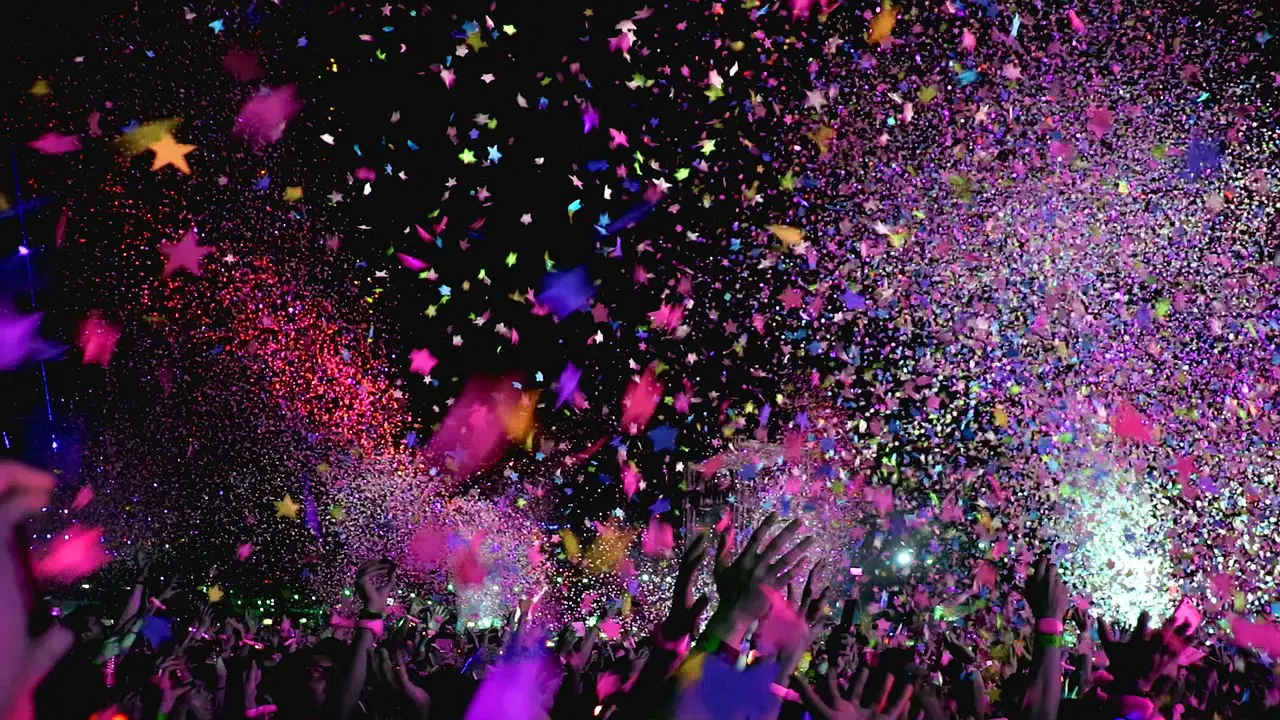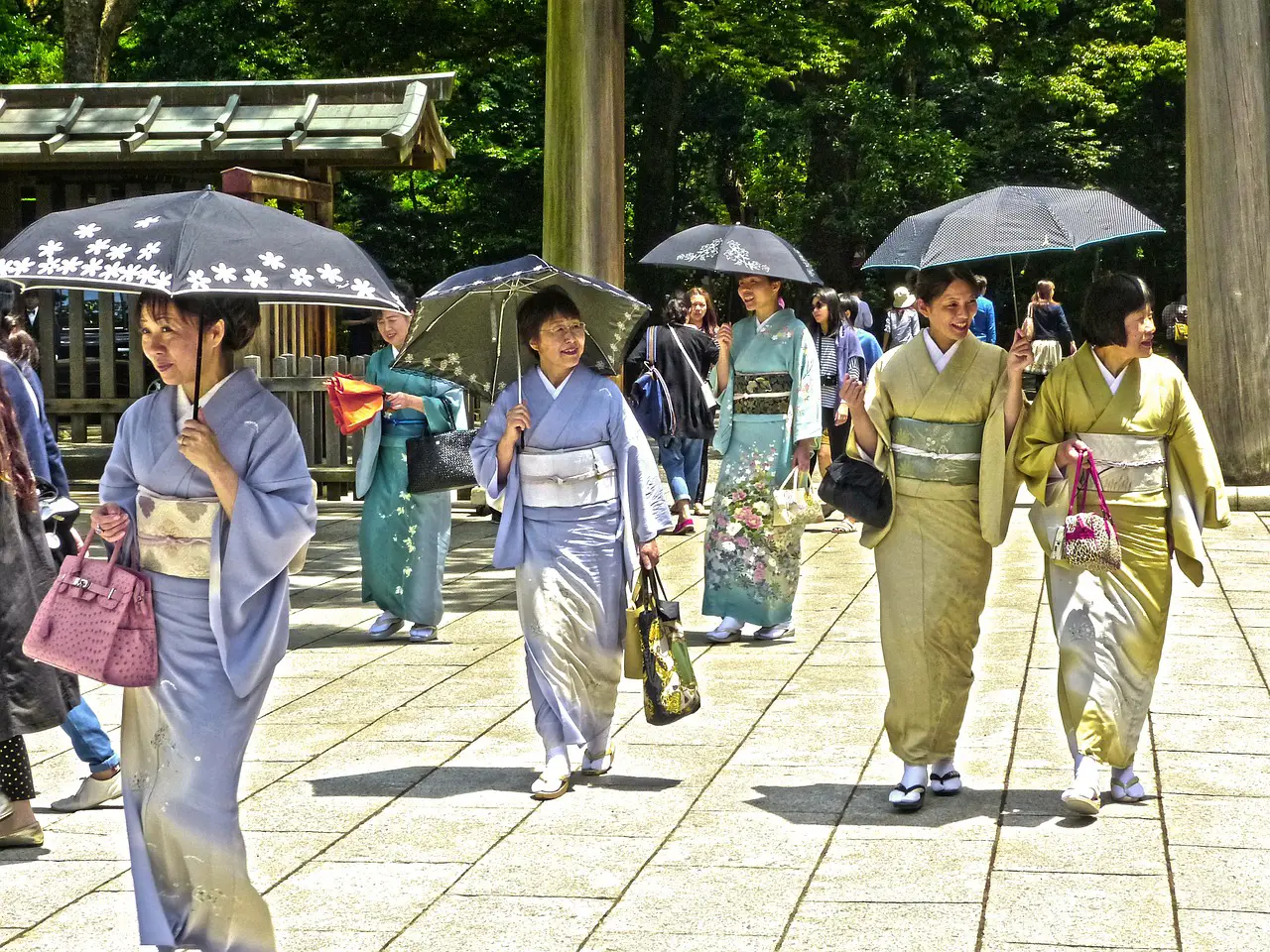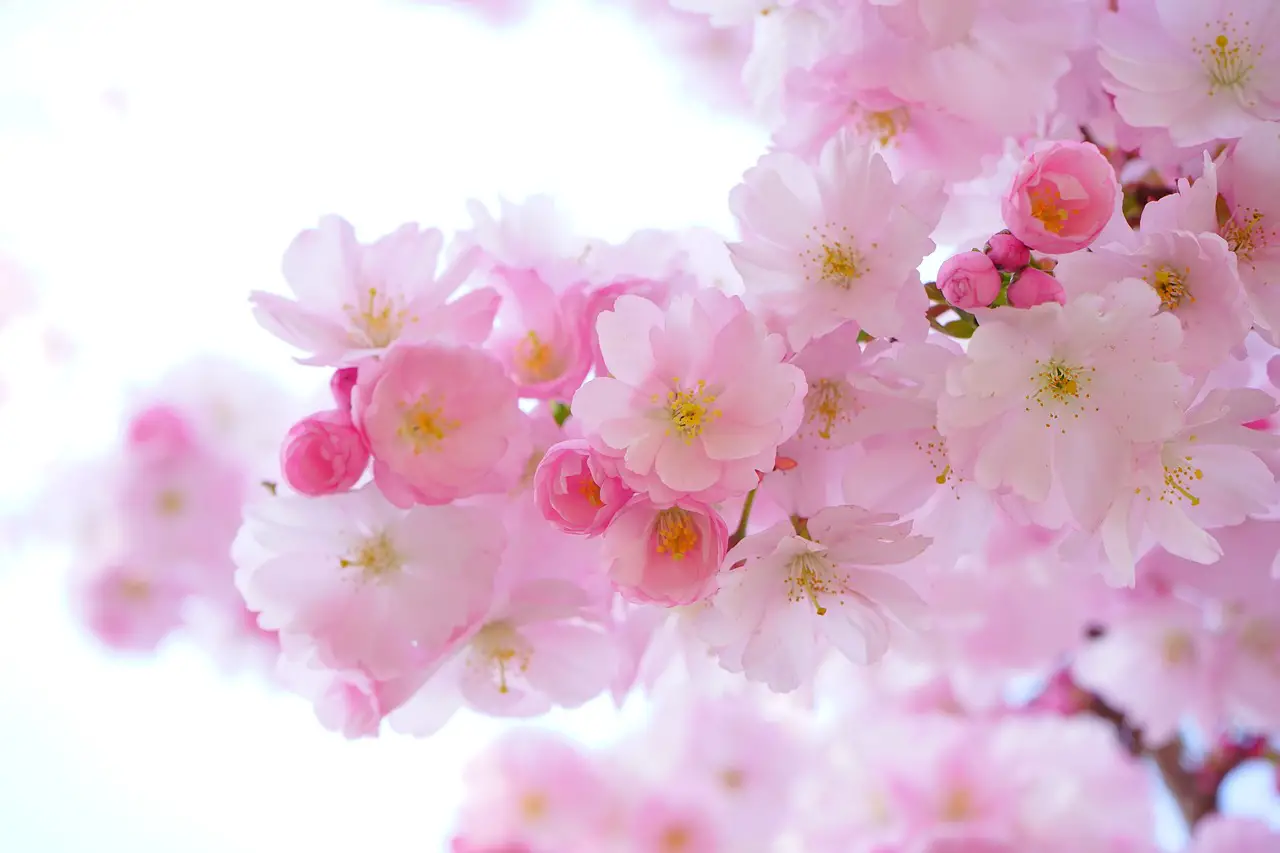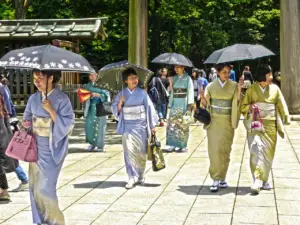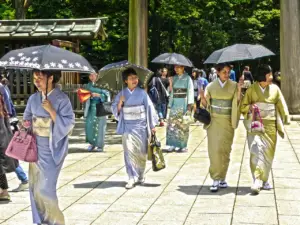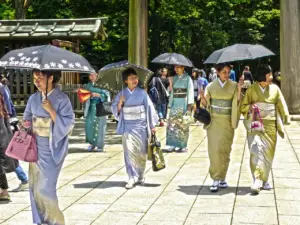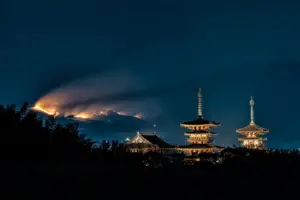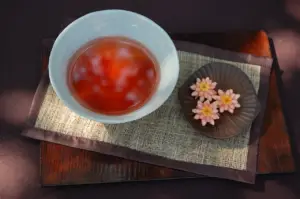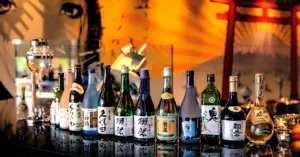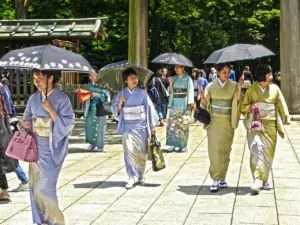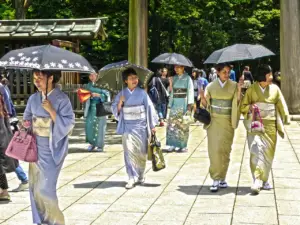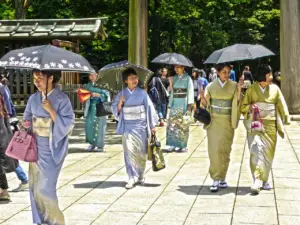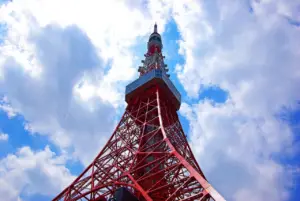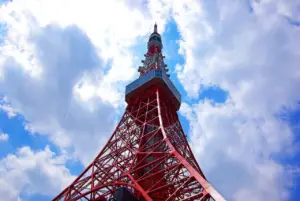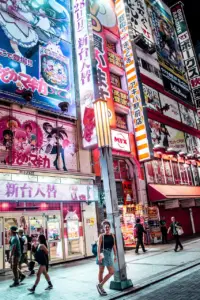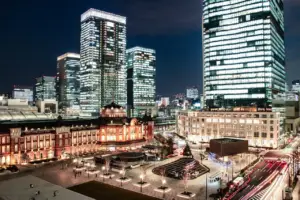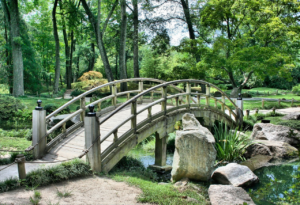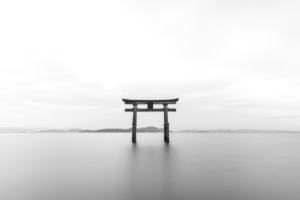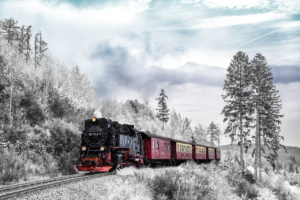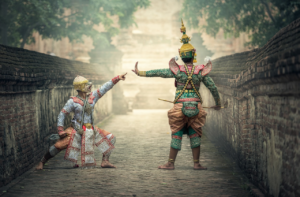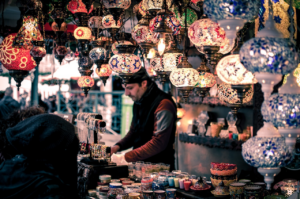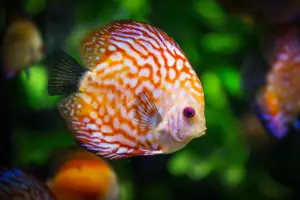Beer and Oktoberfest festivals have become a global phenomenon, attracting millions of visitors each year from all corners of the world. Originating in Munich, Germany, Oktoberfest was first celebrated in 1810 to commemorate the marriage of Crown Prince Ludwig and Princess Therese of Saxe-Hildburghausen. Today, Oktoberfest is a celebration of Bavarian culture, food, and, of course, beer, and has become one of the largest festivals in the world.
While Oktoberfest is traditionally associated with Germany, the festival has spread to other countries, including Japan. Japans love for beer is well-known, and its no surprise that the country has embraced Oktoberfest with open arms. With a growing number of festivals held across the country, Japan has become a popular destination for beer lovers and festival-goers alike.
In this article, well take a closer look at the origins of Oktoberfest and its global popularity, as well as some of the must-visit Oktoberfest festivals in Japan, traditional food and beer pairings, and tips for enjoying the festivities to the fullest.
Key Takeaways
- Oktoberfest festivals in Japan celebrate Bavarian culture, food, and beer, and feature traditional music and dance performances, carnival games, and activities such as Ring Toss, Beer Pong, and Photo Booths.
- Attendees are encouraged to plan ahead for transportation and accommodations, stay hydrated and safe during the festivities, and consider incorporating technology into their festival experience.
- The popularity of craft beer is growing at these festivals, providing valuable marketing opportunities for breweries and sponsors, and a chance for smaller breweries to gain exposure and build their brand.
- The expansion of beer and Oktoberfest festivals in Japan and beyond serves as a testament to the global appeal of beer and Oktoberfest culture.
The Origins of Oktoberfest and Its Global Popularity
The global popularity of Oktoberfest can be traced back to its origins in Munich, Germany in 1810 as a celebration of the marriage of Crown Prince Ludwig and Princess Therese.
What started as a horse race to commemorate the nuptials of the royal couple eventually grew into a two-week long festival.
Over the years, Oktoberfest has become synonymous with beer, music, and good times, and has spread far beyond the borders of Germany to become a beloved celebration in countries all over the world.
Today, Oktoberfest is celebrated in cities across the globe, with millions of people gathering to drink beer, eat traditional German foods, and enjoy live music and entertainment.
While the festival has evolved over time, with new traditions and customs added each year, its roots in German culture remain strong.
As Oktoberfest continues to gain popularity around the world, it serves as a testament to the enduring appeal of traditions that bring people together in celebration and good cheer.
Must-Visit Oktoberfest Festivals in Japan
For those who can’t make it to the original Oktoberfest in Munich, Japan offers some excellent alternatives.
Among the most popular are the Tokyo, Yokohama, and Sapporo Oktoberfest festivals.
These events are known for their authentic atmosphere, delicious food, and, of course, plenty of beer.
Whether you’re a local or a tourist, these festivals are a must-visit for anyone who loves beer and good times.
Tokyo Oktoberfest
Tokyo Oktoberfest is a cultural event celebrated annually in Japan, which features traditional German beer, food, and music. The festival attracts thousands of people from all over the country, who come to enjoy the unique atmosphere and experience the Bavarian culture.
To paint a picture for the audience, the festival offers:
-
A wide selection of German beer, including popular brands such as Paulaner, Hofbräu, and Franziskaner.
-
A variety of traditional Bavarian food, such as sausages, pretzels, and schnitzel.
-
Live music performances by German bands, creating an authentic Oktoberfest experience.
Overall, Tokyo Oktoberfest is a must-visit event for beer lovers and anyone who wants to experience the vibrant culture of Germany in Japan.
Yokohama Oktoberfest
Yokohama Oktoberfest is a cultural celebration that showcases traditional German cuisine, music, and beverages. Held annually in October, the festival takes place in the spacious and beautiful surroundings of Yamashita Park.
The event is modeled after the original Oktoberfest held in Munich, Germany, and is a popular destination for beer lovers and food enthusiasts from all over Japan.
The festival features more than 100 different kinds of beer, including German and local craft beers. Visitors can also enjoy a wide variety of German foods such as sausages, pretzels, and schnitzel, as well as other international cuisines.
The festival also offers live music performances and various entertainment activities for all ages. Yokohama Oktoberfest is a must-visit destination for those who want to experience the authentic German culture and indulge in delicious food and beer.
Sapporo Oktoberfest
Located in the northernmost island of Japan, Sapporo Oktoberfest is a festival that celebrates the German culture with traditional food, music, and beverages.
Held annually in Sapporo, Hokkaido, the festival attracts both locals and tourists who want to experience the unique German atmosphere.
The event is organized in partnership with the German Embassy in Tokyo to ensure the authenticity of the celebration.
Visitors can expect to enjoy a wide variety of German beers, including popular brands such as Paulaner, Franziskaner, and Erdinger.
In addition to beer, the festival also serves traditional German dishes such as sausages, schnitzels, and pretzels.
The festival also features live music performances by German bands, adding to the festive atmosphere.
Overall, the Sapporo Oktoberfest is an excellent opportunity for visitors to experience German culture without having to leave Japan.
Beer and Food Pairings
One important aspect of enjoying beer at Oktoberfest festivals in Japan is understanding the art of beer and food pairings. Pairing beer with food can enhance the flavors of both, creating a more enjoyable sensory experience. The key to successful beer and food pairing is to find complementary flavors and textures.
For example, a light beer pairs well with seafood, while a dark beer complements red meat. Spicy foods are best paired with a beer that has a high hop content, while sweet foods go well with a beer that has a lower hop content.
In addition to flavor, it is important to consider the intensity of both the beer and the food when pairing them together. A strong beer can overpower a delicate dish, while a light beer may be overpowered by a bold, spicy dish. A general rule of thumb is to match the intensity of the beer with the intensity of the food.
By understanding the art of beer and food pairings, festival-goers can elevate their Oktoberfest experience and enjoy the flavors of both beer and food in perfect harmony.
Traditional Music and Dance Performances
As a cultural celebration, Oktoberfest in Japan offers visitors the opportunity to witness traditional music and dance performances that showcase the unique heritage of the country. These performances are an important part of the festival, and they are usually held on a separate stage that is set up for the occasion.
Some of the traditional music and dance performances that visitors can expect to see at an Oktoberfest celebration in Japan include:
- Taiko: A traditional Japanese drumming performance that involves a group of drummers playing large, barrel-shaped drums.
- Awa Odori: A traditional dance from the Tokushima prefecture that is performed by groups of dancers wearing colorful clothing and straw hats.
- Bon Odori: A traditional dance that is performed during the Bon festival in Japan. It involves dancers moving in a circle around a central stage while wearing yukata (a type of Japanese summer clothing).
- Eisa: A traditional dance from the Okinawa prefecture that is performed by groups of dancers wearing colorful clothing and playing musical instruments such as the sanshin (a three-stringed instrument).
These performances are not only entertaining, but they also provide visitors with a glimpse into the rich cultural heritage of Japan. They are a testament to the country’s commitment to preserving its traditions and sharing them with the world.
Visitors to Oktoberfest in Japan should make sure to take the time to watch these performances and appreciate the beauty and complexity of traditional Japanese music and dance.
Traditional music and dance performances are an integral part of Oktoberfest celebrations in Japan. They offer visitors a chance to experience the unique cultural heritage of the country and witness the beauty and complexity of traditional Japanese music and dance. The performances are diverse and engaging, and they are sure to leave visitors with a deeper appreciation for Japan’s rich cultural traditions.
Fun Carnival Games and Activities
Fun carnival games and activities are a staple of many festivals around the world.
Among the popular games are Ring Toss, Beer Pong and Photo Booths.
Ring Toss is a simple yet challenging game that requires skill and precision, while Beer Pong is a classic drinking game that has become a staple of many party scenes.
Meanwhile, Photo Booths have become increasingly popular in recent years as a fun way to capture memories with friends and loved ones at festivals.
Ring Toss
The traditional game of Ring Toss is a popular attraction at beer and Oktoberfest festivals in Japan. The game involves tossing a ring onto a peg or hook with the aim of landing the ring on the target. It is a simple yet challenging game that requires both skill and luck to win.
Ring Toss is a game that has been enjoyed for centuries, and its popularity has not waned. It is a classic game that appeals to people of all ages and skill levels.
At beer and Oktoberfest festivals in Japan, the game is often played in a carnival-like atmosphere, with enthusiastic players cheering on their friends and family. The game adds to the festive atmosphere of the festivals, providing entertainment for attendees and contributing to the overall fun and excitement of the event.
Beer Pong
Popularized in the United States, Beer Pong is a drinking game that involves tossing ping pong balls into cups filled with beer. It has gained popularity worldwide and is now a common sight at beer and Oktoberfest festivals in Japan.
Here are some of the notable features of the game:
- The game is typically played with two teams of two players each.
- Each team sets up a triangle of cups at their end of the table, filled with beer. The number of cups can vary, but ten is the most common.
- The objective of the game is to throw the ping pong ball into one of the opposing team’s cups.
- If successful, the opposing team must drink the beer in that cup and remove it from the table.
- The game continues until one team eliminates all of the other team’s cups.
Beer Pong is a game that requires skill, strategy, and a good amount of drinking. It is a fun and exciting way to enjoy beer with friends and strangers alike.
Beer Pong has become a staple of beer and Oktoberfest festivals in Japan. It is a game that brings people together and creates a lively atmosphere. With its simple rules and easy-to-find equipment, anyone can join in on the fun.
Whether you are a seasoned Beer Pong player or a first-timer, this game is a great way to enjoy good beer and good company. So, grab a partner, set up your cups, and let the games begin!
Photo Booths
One entertaining addition to events and gatherings is the presence of photo booths, which offer guests the chance to capture memories and create keepsakes. In recent years, photo booths have become a popular attraction at beer and Oktoberfest festivals in Japan. These booths usually feature props and backdrops that are related to the festival’s theme, allowing guests to take fun and creative photos with their friends.
Photo booths are not only a fun addition to events, but they also serve as a marketing tool for companies and sponsors. Festival organizers often partner with brands and businesses to feature their logos or products in the photo booth props and backdrops. This not only provides exposure for the sponsors, but it also adds to the overall experience of the festival-goers. Additionally, the photos taken in the booths are often shared on social media platforms, which helps to spread the word about the festival and its sponsors. Overall, photo booths are a valuable and entertaining addition to beer and Oktoberfest festivals in Japan.
| Pros | Cons | ||
|---|---|---|---|
| Creates fun and memorable experiences for guests | Can take up a lot of space | ||
| Provides exposure for sponsors | Can be costly to rent or set up | ||
| Generates social media content | Requires maintenance and supervision | ||
| Adds to the overall festival experience | May not be suitable for all types of events | Requires proper permits and safety measures to ensure the well-being of guests and staff. |
Dressing the Part
Attire plays a crucial role in the experience of beer and Oktoberfest festivals in Japan, with attendees often donning traditional Bavarian clothing such as lederhosen and dirndls. This practice is not only a nod to the origins of the festival in Munich, but also adds to the festive and celebratory atmosphere of the event.
Additionally, dressing up in traditional attire is a way for attendees to immerse themselves in the culture and traditions of the festival, creating a sense of community among festival-goers.
Some of the traditional garments worn by attendees include lederhosen, which are leather shorts often worn with suspenders and paired with a white shirt and knee-high socks. Women typically wear dirndls, which consist of a fitted bodice, full skirt, and apron. Other accessories such as hats, scarves, and pins are also commonly worn to complete the traditional look.
The popularity of dressing up in traditional attire has led to the availability of rental options for those who do not own their own lederhosen or dirndl, making it easier for attendees to fully participate in the festival experience.
Tips for Enjoying Oktoberfest in Japan
For those planning to celebrate Oktoberfest in Japan, it is essential to consider transportation and accommodations.
With many festivities taking place in different parts of the country, it is crucial to plan ahead and secure transportation and lodging early on.
Additionally, staying safe and hydrated is crucial during the celebrations, especially when indulging in the many beer and food offerings.
It is recommended to pace oneself and drink plenty of water to avoid any potential health risks.
Transportation and Accommodations
Transportation and accommodations are essential factors to consider when attending beer and Oktoberfest festivals in Japan, as the venues are located in different areas and require a substantial amount of travel time.
To ensure a smooth travel experience, it is recommended to plan ahead and book accommodations near the festival grounds. This will not only save time and energy, but also allow attendees to fully immerse themselves in the festival atmosphere without worrying about transportation logistics.
In terms of transportation, Japan has a highly efficient public transportation system that consists of trains, buses, and subways. Many of the beer and Oktoberfest festivals are held in major cities such as Tokyo, Osaka, and Yokohama, which are easily accessible by public transportation.
It is important to note that some festivals may be held in more remote areas, so it is advisable to research the best mode of transportation beforehand. Additionally, attendees should also be mindful of the train and subway schedules, as they may not run all night and could potentially cause delays in returning to accommodations.
By taking these factors into consideration, attendees can fully enjoy the festivities without any transportation or accommodation-related issues.
Staying Safe and Hydrated
After securing transportation and accommodations for your beer and Oktoberfest festival in Japan, it’s important to think about staying safe and hydrated during the event. With all the excitement and festivities, it’s easy to forget about taking care of yourself. However, it’s crucial to prioritize your well-being to fully enjoy the experience.
First and foremost, staying hydrated is essential. The combination of alcohol and the outdoor environment can lead to dehydration, which can cause headaches, fatigue, and even fainting. To avoid this, make sure to drink plenty of water throughout the day. Additionally, it’s important to pace yourself when drinking alcohol. Drinking too much too quickly can lead to alcohol poisoning, which can be dangerous and even life-threatening. Remember to take breaks, eat food, and alternate alcoholic beverages with water or other non-alcoholic drinks.
To ensure your safety during the festival, here are some tips to keep in mind:
-
Keep an eye on your belongings: With large crowds, it’s easy for items to get lost or stolen. Keep your valuables close to you and be aware of your surroundings.
-
Know your limits: If you start feeling unwell or uncomfortable, don’t hesitate to seek medical attention. Most festivals have medical tents or first aid stations on site.
-
Stay in groups: It’s always safer to travel in groups, especially at night. Stick with your friends and avoid going off alone.
By taking these precautions and being mindful of your well-being, you can fully enjoy the beer and Oktoberfest festival in Japan without any worries. Cheers to a good time!
The Future of Oktoberfest in Japan
As Oktoberfest continues to grow in popularity in Japan, the future of the festival seems bright.
New trends and innovations are being introduced each year, from unique beer flavors to interactive experiences.
With the success of the festival in Tokyo and Yokohama, there is also potential for expansion to other cities in Japan and potentially even beyond.
The future of Oktoberfest in Japan is exciting and full of possibilities for both locals and visitors to enjoy.
New Trends and Innovations
Innovation has been a driving force in the recent developments of beer and Oktoberfest festivals in Japan. With the growing popularity of these events, organizers are constantly seeking to offer new and exciting experiences to attract attendees.
One trend that has emerged in recent years is the incorporation of technology into the festival experience. For example, some festivals have introduced RFID wristbands that allow attendees to make cashless purchases and participate in interactive games. Others have implemented virtual reality experiences that transport visitors to the breweries where the beer is made. These new technologies not only enhance the festival experience but also offer valuable marketing opportunities for breweries and sponsors.
Another trend that is gaining popularity is the inclusion of craft beer in the festival lineup. While traditional German-style beers are still a staple of Oktoberfest events in Japan, many festivals are now showcasing a wider variety of craft beers from local and international breweries. This trend reflects the growing interest in craft beer among Japanese consumers and provides an opportunity for smaller breweries to gain exposure and build their brand. Additionally, craft beer can offer a unique flavor profile that sets a festival apart from its competitors.
As beer and Oktoberfest festivals in Japan continue to evolve, it will be exciting to see what new innovations and trends emerge in the years to come.
Expansion to Other Cities in Japan and Beyond
Expanding the reach of these cultural events beyond their traditional locations presents an opportunity to increase awareness and appreciation of German culture and beer worldwide.
With the growing popularity of beer and Oktoberfest festivals in Japan, it is not surprising that more cities in the country are starting to host their own events. Some of the cities that have joined in the celebration include Yokohama, Nagoya, and Osaka. These festivals provide people with a chance to experience the same festive atmosphere and authentic German beer that is usually associated with the Oktoberfest in Munich.
Aside from Japan, other countries have also started to embrace the Oktoberfest culture. In recent years, countries such as China, Vietnam, and South Korea have organized their own Oktoberfest festivals, which have become quite successful.
This expansion of cultural events outside of Germany serves as a testament to the global appeal of beer and the Oktoberfest culture. It is a way for people from different parts of the world to come together and celebrate their love for good beer, food, and music.
With more cities and countries joining in, it is clear that beer and Oktoberfest festivals are here to stay and will continue to be celebrated around the world.
Frequently Asked Questions
What is the history of beer in Japan?
Beer was first introduced to Japan in the mid-19th century by Dutch traders, but it wasn’t until the late 1800s that beer production began in the country.
The first brewery was established in Yokohama in 1876, and by the early 1900s, several other breweries had emerged.
However, during World War II, beer production was halted due to the shortage of raw materials.
After the war, beer production resumed, and the industry grew rapidly.
Today, Japan is one of the world’s largest beer producers and consumers, with several major breweries dominating the market.
The history of beer in Japan reflects the country’s openness to foreign influences and its ability to adapt and innovate.
How do Japanese breweries participate in Oktoberfest festivals in Japan?
Japanese breweries actively participate in Oktoberfest festivals held in Japan by showcasing their unique brews and offering visitors a taste of authentic German-style beer. These breweries collaborate with event organizers to set up booths and tents to serve their beers alongside other international and domestic breweries.
Some breweries even create special batches of beer specifically for these festivals, incorporating traditional German ingredients such as malt and hops. In addition to serving beer, breweries also engage visitors by conducting beer tastings and workshops, educating them about the brewing process, and promoting the culture and history of beer.
Overall, Japanese breweries play a significant role in contributing to the success of Oktoberfest festivals in Japan by offering a diverse range of high-quality beers and creating a festive atmosphere for visitors to enjoy.
What types of food are typically served at Oktoberfest festivals in Japan?
Oktoberfest festivals in Japan typically serve a variety of traditional German foods. Some of the most popular dishes include sausages such as bratwurst and weisswurst, pretzels, and schnitzel. Additionally, many festivals offer other German specialties such as sauerkraut, potato salad, and spätzle.
Of course, beer is the main attraction at these festivals, but food plays an important role in creating a festive atmosphere and satisfying hungry attendees. Many vendors also offer non-German options such as pizza and fried chicken to cater to a wider range of tastes.
Overall, the food offerings at Oktoberfest festivals in Japan strive to recreate the authentic German experience while also incorporating some local preferences.
Are there any restrictions on alcohol consumption at these festivals?
Alcohol consumption at beer and Oktoberfest festivals in Japan is regulated by local laws and regulations. Generally, there are no restrictions on alcohol consumption at these festivals, but organizers often have measures in place to ensure responsible drinking.
This can include limiting the amount of alcohol that can be purchased at one time, providing water stations, and having staff monitor attendees for signs of excessive drinking. Additionally, some festivals may have designated areas for drinking and may prohibit alcohol consumption outside of these areas.
It is important for attendees to be aware of these regulations and to drink responsibly to ensure a safe and enjoyable experience for all.
How do Japanese cultural traditions influence the celebrations at Oktoberfest festivals in Japan?
Japanese cultural traditions influence the celebrations at Oktoberfest festivals in Japan in various ways. One such influence is the concept of ‘Otsukaresama,’which is a common phrase used to express appreciation for someone’s hard work or effort. This phrase is often used at Oktoberfest events in Japan to express gratitude to the brewers and staff for their hard work in preparing and serving the beer.
Additionally, the Japanese value of ‘Wa’or harmony is reflected in the atmosphere of these festivals, which is typically welcoming and inclusive. Another influence is the emphasis on food and drink pairings, which is a common feature of Japanese cuisine. This is reflected in the food offerings at Oktoberfest events in Japan, which typically include traditional German dishes alongside Japanese favorites.
Overall, the incorporation of Japanese cultural traditions adds a unique touch to Oktoberfest festivals in Japan and creates a distinctive atmosphere that attracts both locals and tourists alike.
Conclusion
Oktoberfest has become a beloved festival around the world, with Japan being no exception. The combination of good beer, delicious food, and fun activities make it a must-visit event for those looking for a good time.
With the popularity of Oktoberfest in Japan on the rise, it is clear that this event will continue to be a highlight of the year for many.
Visitors to Oktoberfest festivals in Japan can expect a variety of experiences, from traditional music and dance performances to carnival games and activities. The opportunity to dress the part in traditional German attire and indulge in beer and food pairings adds to the festive atmosphere. With a focus on creating an authentic Oktoberfest experience, these festivals are sure to impress.
Looking to the future, it is clear that Oktoberfest will continue to be a popular event in Japan. As the country’s love for beer and festive celebrations continues to grow, we can expect to see more Oktoberfest festivals popping up throughout the country.
Whether you are a local or a tourist, Oktoberfest in Japan is an event not to be missed. So, grab a beer and cheers to good times!


